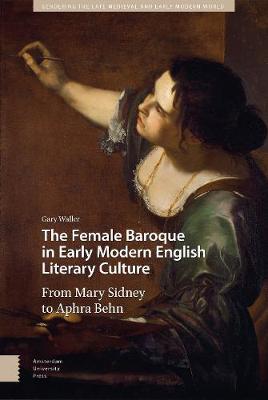Gendering the Late Medieval and Early Modern World
1 primary work
Book 9
The Female Baroque in Early Modern English Literary Culture is a contribution to the revival of early modern women's writings and cultural production in English that began in the 1980s. Its originality is twofold: it links women's writing in English with the wider context of Baroque culture, and it introduces the issue of gender into discussion of the Baroque. The title comes from Julia Kristeva's study of Teresa of Avila, that 'the secrets of Baroque civilization are female'. The book is built on a schema of recurring Baroque characteristics - narrativity, hyperbole, melancholia, kitsch, and plateauing, pointing less to surface manifestations and more to underlying ideological tensions. The crucial concept of the book is developed in detail. Particular attention is given to Gertrude More, Mary Ward, Aemilia Lanyer, The Ferrar/Collet women, Mary Wroth, the Cavendish sisters, Hester Pulter, Anne Hutchinson, and finally Margaret Cavendish and Aphra Behn, whose lives and writings point to the developing cultural transition to the Enlightenment.
